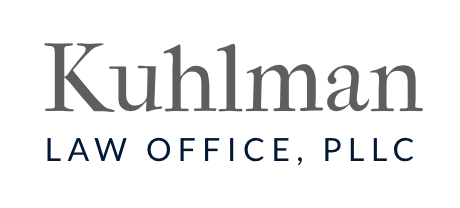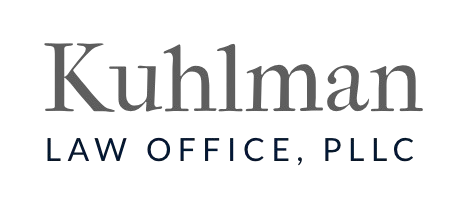Debt can feel like a never-ending burden, making it difficult to plan for the future or even handle everyday expenses. If you’re struggling with credit card debt, medical bills, personal loans, or other financial hardships, Chapter 7 bankruptcy may provide the fresh start you need. At Kuhlman Law Office PLLC, we help individuals in
Seattle, Bothell, Everett, Mill Creek, Lynnwood, Woodinville, Redmond, WA and beyond take back control of their finances through Chapter 7 bankruptcy. We offer clear guidance, straightforward legal advice, and a compassionate approach so you can move forward without overwhelming debt holding you back.
Chapter 7 bankruptcy, also called "liquidation bankruptcy," allows you to wipe out most unsecured debts, including:

